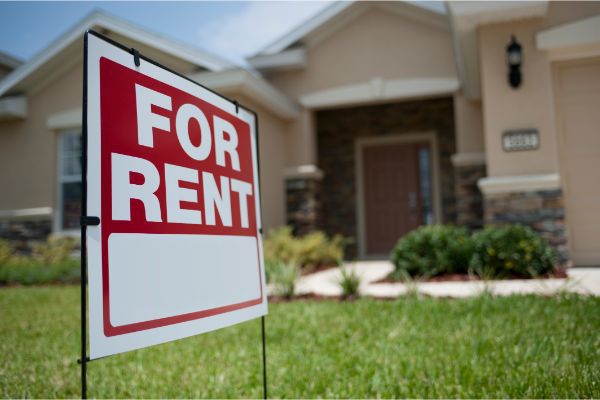Landlord-tenant law has always been a complex area of law, but in recent years, it has become even more complicated. From the rise of short-term rentals to the impact of COVID-19 on evictions, landlords and tenants alike must navigate a constantly evolving legal landscape. In this article, we’ll explore some of the modern complexities of landlord-tenant law and provide tips for both landlords and tenants on how to stay compliant.
Short-Term Rentals

The rise of short-term rental platforms like Airbnb and VRBO has created a host of legal issues for landlords and tenants. In many cases, landlords may not be aware that their tenants are renting out their units on a short-term basis, which can lead to violations of local zoning laws and lease agreements. Tenants, on the other hand, may not be aware that their lease prohibits short-term rentals, which can result in eviction and legal action.
To avoid these issues, landlords should include specific language in their leases prohibiting short-term rentals. Tenants should also be aware of their lease terms and local zoning laws before listing their unit on a short-term rental platform.
Eviction Moratoriums
The COVID-19 pandemic has led to eviction moratoriums in many states, which prevent landlords from evicting tenants for non-payment of rent. While these moratoriums are intended to provide relief for tenants who have lost income due to the pandemic, they can create financial hardship for landlords who still must pay their mortgages and other expenses.
Landlords should be aware of the eviction moratoriums in their state and work with tenants to find a mutually beneficial solution, such as payment plans or deferred rent agreements. Tenants should also be proactive in communicating with their landlords and seeking financial assistance if they are unable to pay rent.
Security Deposits

Security deposits are a common feature of most leases, but they can also be a source of legal disputes between landlords and tenants. In some cases, landlords may withhold a tenant’s security deposit for damages or unpaid rent, while tenants may dispute the amount withheld or the justification for withholding it.
To avoid these disputes, landlords should be clear about their expectations for the condition of the unit at move-out and provide tenants with an itemized list of any deductions from their security deposit. Tenants should also document the condition of the unit at move-in and be prepared to dispute any unjustified deductions.
The modern complexities of landlord-tenant law can be daunting, but by staying informed and proactive, landlords and tenants can avoid legal disputes and maintain a positive relationship. Whether it’s navigating short-term rentals, eviction moratoriums, or security deposits, communication and transparency are key to success in the landlord-tenant relationship.













Comments